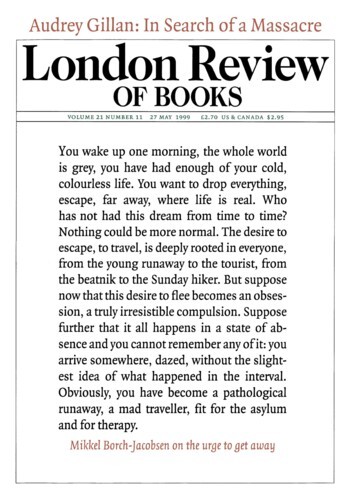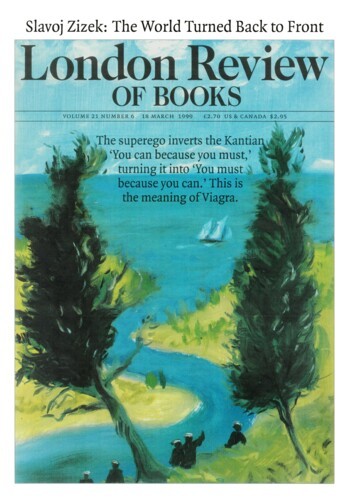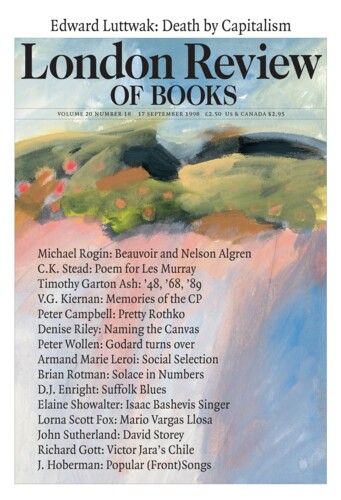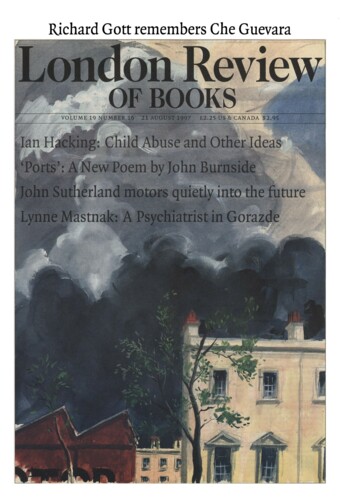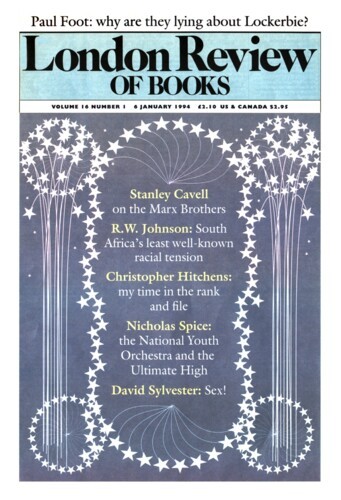Sacred Text: Guatemala
Richard Gott, 27 May 1999
On the way into Guatemala City from the airport on my first visit years ago, I was informed by the taxi-driver – who else? – of the death of the American Ambassador. It was August 1968, and John Gordon Mein had been assassinated that morning. This was an abrupt introduction to the complexities of Guatemalan politics, and I merely assumed – with the Vietnam War and the less-publicised Guatemalan guerrilla war of the Sixties well underway – that another imperial satrap had received his just deserts. The taxi-driver, however, thought it was bad news. There was an evening curfew and a 24-hour block on all journalistic reports leaving the country; it was not easy to discover quite what had taken place or to telex the story to the outside world.
